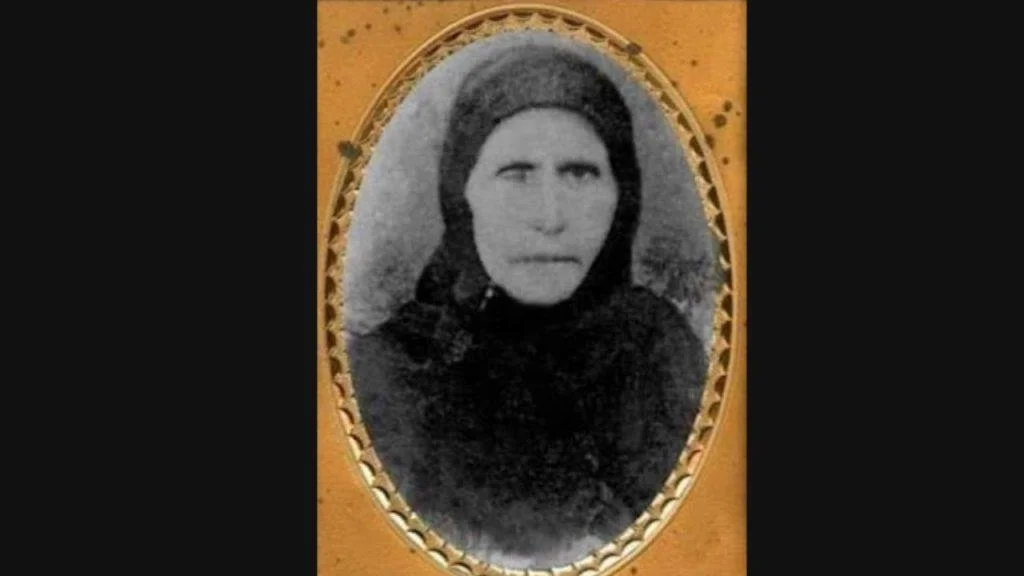Throughout history, moments of immense turmoil often give rise to acts of extraordinary courage. The Greek War of Independence, which began in 1821, was one such era, marked not only by the heroic deeds of men but also by the unyielding bravery of women. Among these women stands the remarkable figure of Eleni Staikou, whose story of self-sacrifice and resilience encapsulates the indomitable spirit of the Greek people during their struggle for freedom from Ottoman rule. Her tale, both tragic and inspiring, continues to resonate as a testament to the lengths to which individuals will go to defend their dignity and freedom.
The Greek War of Independence and the Role of Women
The Greek War of Independence was a pivotal chapter in the nation’s history, marked by widespread uprisings against centuries of Ottoman domination. While much of the historical narrative centers on the exploits of male warriors and revolutionaries, women played an equally crucial role. They were active participants in combat, strategic planners, and, in many cases, martyrs for the cause of liberty.
Eleni Staikou’s story is one of many that highlight the courage and resilience of Greek women during this tumultuous period. Her life exemplifies how women—far from being passive observers—became active agents of resistance, often paying the ultimate price to protect their families and their homeland.
The Exodus of Messolonghi
One of the most harrowing events of the Greek War of Independence was the Exodus of Messolonghi in 1826. After a year-long siege by Ottoman and Egyptian forces, the starving and desperate defenders of Messolonghi made a daring decision to break through the enemy lines in a bid for survival. This exodus became a symbol of defiance and sacrifice, as many perished in the attempt, while others were captured and subjected to unspeakable horrors.
Eleni Staikou, then a young woman, was among those who participated in this perilous escape. Disguised as a man, she joined her father, Zaharakis Staikos, in the fight for freedom. Together, they navigated the chaos of the night, embodying the collective determination of the Greek people to resist subjugation at all costs.
Eleni Staikou’s Act of Defiance
Both Eleni and her father survived the initial escape but were later captured by Ottoman forces. Faced with the grim prospect of being sold into slavery, Eleni made a harrowing decision that has since become a symbol of her unbreakable spirit. According to tradition, she used a fork to gouge out her right eye, rendering herself undesirable to her captors. This act of self-mutilation, though unimaginable in its pain and consequences, was a deliberate choice—a rejection of the dehumanizing fate that awaited her.
Eleni’s decision was not merely an act of personal resistance but also a powerful statement against the commodification and exploitation of women in times of war. It underscored her unyielding commitment to preserving her autonomy, even at the cost of great physical suffering.
Legacy and Memory
Eleni Staikou’s life did not end with her capture. Remarkably, she lived to an old age, passing away in Agrinio in 1887. Her survival and longevity stand as a testament to her resilience and strength. Though her story is lesser-known compared to other figures of the Greek War of Independence, it remains a poignant example of the sacrifices made by countless women during this period.
Her legacy continues to inspire, serving as a reminder of the profound impact that individual acts of courage can have in shaping the narrative of a nation. Eleni’s story is not just a tale of suffering and sacrifice; it is a narrative of resistance, agency, and the enduring human spirit.
The story of Eleni Staikou, the “Heroine of the Exodus of Messolonghi,” is a powerful example of the bravery and sacrifice exhibited by women during the Greek War of Independence. Her decision to choose self-mutilation over slavery highlights the lengths to which individuals will go to assert their dignity and freedom. As we reflect on her life, we are reminded of the countless unsung heroines who have shaped history through their courage and resilience. Eleni’s story is not just a part of Greek history but a universal testament to the enduring power of the human spirit in the face of oppression.










